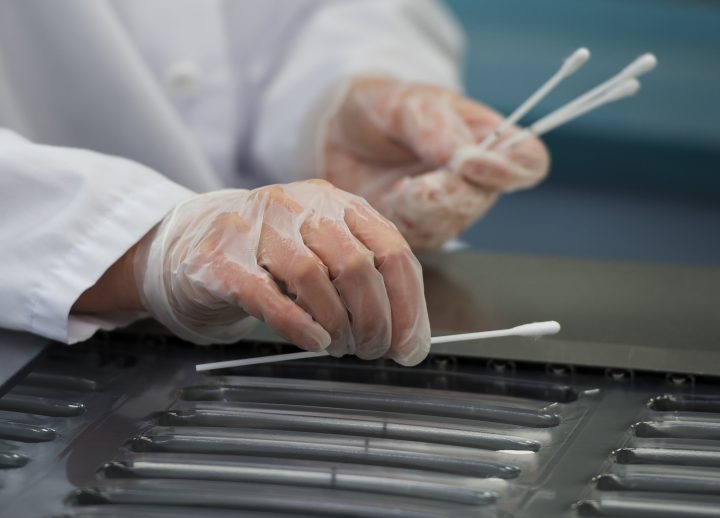Nova Scotia Health announced that with increasing cases of COVID-19 in the Halifax area and in some parts of New Brunswick, patients will have to be pre-operatively tested for COVID-19.

In a statement, N.S. Health said patients will get tested before undergoing procedures that involve, or could require, general anesthesia at any facility in the province.
READ MORE: Nova Scotia to test Halifax bar staff and late-night patrons for COVID-19
Patients from the following area will be tested:
- Residents of Central Zone plus Enfield and Mount Uniacke
- Anyone, regardless of where they live, who visited locations for which there is a public health advisory to self-isolate and get tested,
- New Brunswick residents from zone 1 (Saint John) and 2 (Moncton)
A spokesperson for N.S. Health, Carla Adams, said surgeons’ offices are working to screen patients to see if they meet these or other criteria for COVID-19 testing, such as travel or close contacts.
“If testing is required, most patients can expect to be scheduled for testing in their community in the 72 hours leading up to their surgery,” Adams said in an email sent to Global.

She also noted that other patients, including those requiring emergency surgery, may undergo testing in hospital on the day of their surgery.
“For their safety and to avoid unnecessary delays in surgeries, we are also beginning to once again advise surgical patients to limit their movement in their communities and potential risks of exposure ahead of surgery,” said Adams.
Patients are also being encouraged to avoid public places and gathering with others to the greatest extent possible in the two weeks leading up to their surgery.
- ‘Super lice’ are becoming more resistant to chemical shampoos. What to use instead
- Solar eclipse eye damage: More than 160 cases reported in Ontario, Quebec
- Invasive strep: ‘Don’t wait’ to seek care, N.S. woman warns on long road to recovery
- Canadian man dies during Texas Ironman event. His widow wants answers as to why





Comments